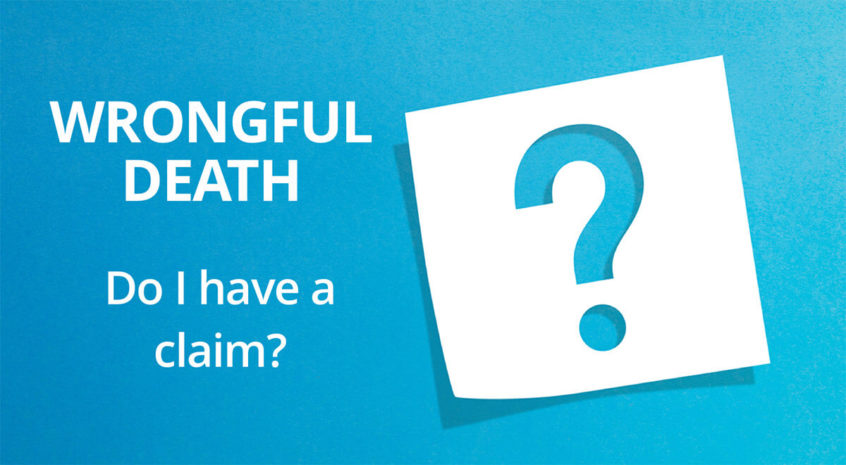Wrongful Death Laws in Utah: Do I have a claim?

No matter the amount of caution we use, anyone of us may have to face the consequences of another’s negligence. With the complexity and risks of our modern lives in Utah it’s possible for a loved one to experience a catastrophic injury or death, even when we do everything right. When an unfortunate event takes place, obtaining proper compensation to cover unexpected losses is an uphill battle . With insurance companies incentivized to minimize your recovery and maximize the profit for their shareholders it is important to hire an injury attorney in Utah to fight on behalf of you and your loved ones.
If someone you love is killed through the actions of another, hiring the right wrongful death attorney in Utah ensures that you receive sound legal counsel that will hold the”at-fault party,” accountable. In addition, having Henriksen Law on your side will provide you with access to a wide-breadth of state-specific legal knowledge and expertise. In order to determine if you have a claim, it is helpful to have a comprehensive overview of what entails “wrongful death,” within the state of Utah.
What Is Wrongful Death?
According to Utah law, “wrongful death,” is defined as a death caused by the “wrongful act, default or neglect,” of another person. For a claim to be viable, the conduct that caused the death would need to be the sort that would support a personal injury claim. However, in the case of a wrongful death claim, the victim is not able to bring the claim to court after their passing. In such a scenario, another party (likely appointed as the personal representative of the deceased’s estate) works to bring the claim to court on behalf of the victim and any family members who were harmed due to the untimely death of the individual.
Navigating the legal system to bring a claim for wrongful death is a complicated process that requires specialized knowledge to pursue. Individuals who try to act as their own lawyers often have trouble with the terminology, documentation, court processes, and attorneys on the other side leaving them feeling overwhelmed. In Utah, a wrongful death claim must be timely filed by either the heirs of the deceased or the personal representative of the deceased individual’s estate. Additionally, if the deceased individual was an adult under guardianship, then the legal guardian has the right to bring the claim.
The State Code of Utah in Section 78B-3-105, identify the following individuals as a potential “heir”:
- Surviving spouse.
- Any surviving adult children.
- Surviving parents or parent, inclusive of adoptive parents.
- Surviving stepchildren, if they were under 18 at the time of death and are were dependent on the deceased person financially.
- Any blood relatives as stated in Utah’s inheritance laws.
The following actions of the party at fault are likely to be considered to have caused a wrongful death under Utah’s state laws:
- Provided or administered an illegal drug
- Any form of medical malpractice
- Auto-accidents
- Work-related accidents
- Faulty products e.g. manufacturer of car
- Any sort of illegal exposure to dangerous materials
Expected Compensation
While no monetary compensation can bring back a loved one, it certainly helps in restoring and sustaining the lives of people they leave behind. With some of the best attorneys in Salt Lake City fighting your battle for you, you can receive compensation for the following given the right circumstances:
- Loss of any anticipated earnings
- Medical and funeral expenses
- Any form of suffering and pain the surviving family members have had to endure
- Loss of companionship
- Loss of medical benefits
- Punitive damages
- Loss of pension benefits
Factors such as the deceased’s health, age, life expectancy, employment, habits, experience, etc. are considered when awarding monetary damages to the surviving family members. As a result, you would want to build a strong case when filing a claim. In order to do so, hiring an attorney working for Henriksen Law would be an excellent choice. Call us today at (801) 521-4145, or use our secure form on our contact page.
